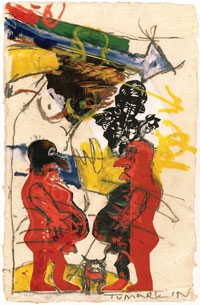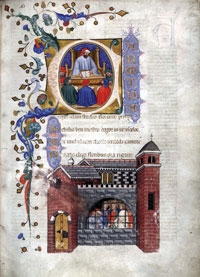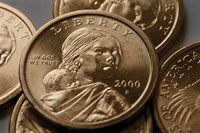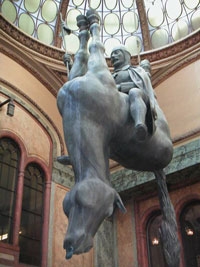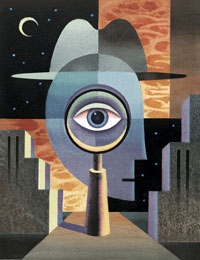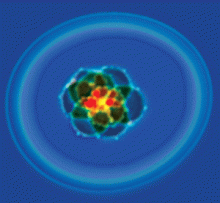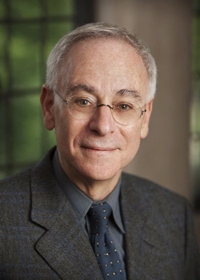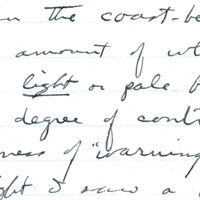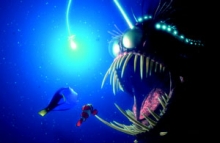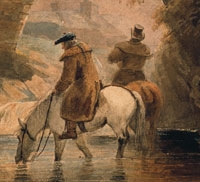Ph.D. candidate and Townsend Fellow Eleanor Johnson considers the question of why few periods of literary experimentation in English rival the end of the fourteenth century.
Professor Charles Briggs announces the creation of the Form and Value in Global Traditions project, a coalition of leading scholars from Asia, Europe, Latin America, and the United States working to re-theorize folkoristics and its relationship to broader academic perspectives and contemporary social life.
Professor Randolph Starn discusses the "Contagious Middle Ages" exhibit on the UC Berkeley campus.
Janet Broughton, Dean of Arts and Humanities, explains her belief that David Hume, the great 18th-century philosopher, reached a dismaying skeptical conclusion about human cognition yet found that life can be different, and happier, for knowing this sad truth.
Thanks to the generous support of the Townsend Center G.R.O.U.P. program in the Spring semester of 2006 and the Mellon Strategic Group program this semester, undergraduates, graduate students, and faculty have all had a chance to address topics at the intersection of the Life Sciences and the Humanities.
On September 30, 2005, the Danish newspaper Jyllands-Posten solicited and published 12 cartoons depicting the prophet Muhammad. By American standards, the cartoons are prosaic.
Nature is a resource for both the humanities and the sciences, taken up and transformed by them in a multiplicity of ways. That is conspicuously true of natural history, which characterizes the variation, distribution, and interconnection of the earth’s flora and fauna.
In one of Roland Barthes’ most famous essays, “The Reality Effect,” he speaks of the real as an effect of peculiar details:
“Flaubert’s barometer, Michelet’s little door finally say nothing but this: we are the real; it is the category of ‘the real’ (and not its contingent contents) which is then signified.”
But what then happens to the category of “the real” when it is anchored in simulation?
What happens to our notion of Romanticism when Scotland is part of the picture? The question calls for a disciplinary conception of the humanities rather different from the one that prevails in the institutions of English literary history.
